When it comes to preparing for disasters, especially long-term economic disasters where paper currency either loses its value or becomes completely unusable, bartering is a preparedness skill that could come in very handy. Those who like to dicker and know how to negotiate are going to have a valuable skill that helps ensure their ability to thrive in a post-collapse world.
While some may dismiss the need for stocking up on goods for trade, a quick look back at our history will show you the very real value of being able to barter during times of crisis. In fact, it wasn’t long ago that people in this country got by simply bartering for goods in their local communities. And during the Great Depression, essential items became more valuable than the currency itself.
The History of Bartering for Goods: The Great Depression is a Great Example of Why Bartering is a Necessary Post-Collapse Skill.
The history of bartering systems can be traced back to biblical times. In fact, numerous passages mention people trading things like livestock in exchange for food or other services.
Genesis 47:17
So they brought their livestock to Joseph, and Joseph gave them food in exchange for the horses and the flocks and the herds and the donkeys, and he fed them with food in exchange for all their livestock that year.
But in terms of bartering during times of crisis, there is no better recent example than that of the Great Depression.
During the Great Depression, a great number of American families relied on the barter system to pay their bills, feed their families, and survive. While some bartered goods, others who had valuable skills to offer traded their knowledge and their time.
But if the 1930s is too far back for you, and you believe something like that could never happen in today’s society, just take a look at what has been going on in Venezuela over the last decade.
In the hyperinflationary South American country, where their currency is extremely unstable and scarce, many have reverted to a barter economy. Paying for even the cheapest goods literally requires piles of banknotes, of which there simply aren’t enough circulating. It’s estimated that hyperinflation in the country has reached 42,000%.
Once one of most prosperous Latin American counties, socialist policies have transformed Venezuela into an apocalyptic-style, dystopian novel.
To survive, businesses have started trading their services for things like loaves of bread and canned goods. People have even started private Facebook groups to barter goods with others in their country and have taken to various social media channels using the hashtags #Trueque (barter/exchange) and #Vzla to find others to trade with.
Survival Bartering: Trading your Way through a Long-term Disaster or Economic Collapse
If you’re fully stocked and prepared to survive, then you need to put some serious thought and effort into stockpiling some popular bartering items for those times when paper currency becomes worthless.
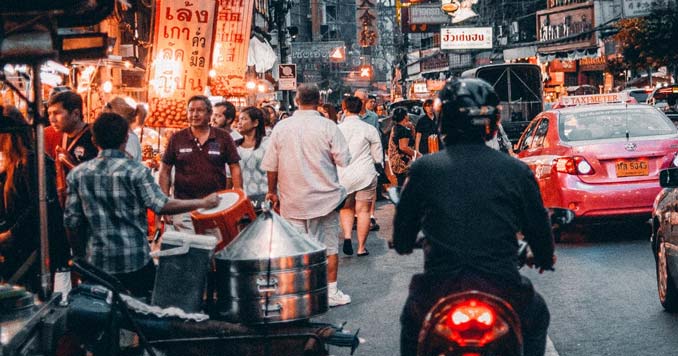
What are the best bartering goods to stock up on before things go bad?
What bartering supplies you choose to start stockpiling will depend on the situation you’re planning for; but in general, the following items will all probably be in high demand after a total collapse situation:
Water Purification Supplies
Most people don’t realize how hard finding clean drinkable water will become in a post-collapse situation. When the water treatment plants stop running, people are going to be scrambling to find a way to purify their drinking water. Iodine tablets, bleach, water filters, canteens, and even cooking pots will all be needed and in very high demand.
Guns, Ammunition and Firearm Accessories
1 out of every 3 Americans owns a gun, but how many of these gun owners stockpile an adequate amount of ammunition? After the economic collapse in 2008, ammunition became very scarce. Some types of ammunition, specifically .22lr, were impossible to find, and those that had it were selling it for 10-20 times its original price.
During a long-term disaster or collapse, ammo is going to be a highly sought after and will quickly become a very popular barter item. I recommend stocking up on calibers that you actually use, followed by the most common calibers (.22lr, .223, 9mm, .45, 30-06, 12ga, & .308)
If the SHTF, those two out 3 Americans who don’t own guns are going to be wishing, they did. That means guns and firearm accessories are going to be in high demand. From people looking for parts to repair broken guns, to those who are currently anti-gun and will quickly change their position when the chaos hits, I can almost guarantee that firearms will become one of the most wanted items after a collapse. Even pellet guns might be good items to stock up on; They’re cheap, easy to find, and would be easier to part with.
Livestock: Backyard Chickens and Rabbits
Backyard chickens and rabbits can be excellent for bartering, as they provide a variety of benefits that are highly valued by others. rom fresh eggs and meat to pest control and fertilizer, keeping chickens in your backyard can offer various items that can be used for bartering and trading with others in your community.
Alcohol: It’s always a Top Bartering Product
The history of using alcohol as a bartering tool is long and complex and dates back probably to the beginning of alcohol itself. For early American moonshiners, making and selling alcohol wasn’t a hobby; it was how they survived.
Let’s not beat around the bush here; during hard times there is always a market for alcoholic beverages. And during an apocalyptic SHTF scenario, there’s going to be a huge number of people who will want to drink their sorrows away. Hard liquors like Whiskey and Vodka are going to be the best option because of their long shelf life.
Medications & Medical Supplies
Almost half of all Americans are currently taking at least one prescription medication. In a post-apocalyptic world, prescription medications will be another highly sought-after item. From people who need to treat life-threatening illnesses with antibiotics, to those that will just want to forget everything that’s happening and dull their senses, medications will be worth their weight in gold.
Check out our list of top medical supplies; everything on the list will be helpful in a barter economy.
Food & Water
This category is really a no-brainer. During a long-term crisis, food and water will be the most traded items on the market. Historically, these are some of the most-values items for trade:
- Canned goods: Vegetables, fruits, and meats
- Beans: These are relatively cheap and are a great long-lasting item to store.
- Rice: You want to go with white rice because brown rice goes rancid after six months.
- Flour and baking goods like cornstarch, baking soda, baking powder, etc..
- Sugar, Honey, and Spices
- Cooking oils
- Powdered milk and powdered
- Popular Snacks and Candy: I know this is just a movie, but for those who have seen Zombieland, do you remember how obsessed Tallahassee becomes with finding a Twinkie? People are going to want comfort foods and things that take their minds away from trouble!
- COFFEE!!!!
Check out our list of some of the most important foods to stockpile. These will all be in high demand and are all good items to start stocking up on before things go bad.
Non-Food Barter Items
- Toiletries: Toilet paper, toothpaste, soaps, and hygiene products.
- Batteries: I would stockpile batteries like crazy, especially rechargeable, AA and AAA varieties.
- Lighters and Matches: I would also add things like candles, camp stoves, and oil lamps to this category.
- Fuels: Propane, butane, and other long lasting fuel.
- Flashlights: When the grid goes down this is a no-brainier.
- Leisure: Playing cards, dice, books and board games.
- DIY Duct Tape and WD-40: I would also add items like JB weld, glues and adhesives, and other DIY construction and home/vehicle repair tools.
Skills, Tools & DIY Knowledge
Having a good stockpile of tools, combined with the knowledge of how to use them, is not only a sound investment but can also ensure you have a method for generating income when things go bad. If things ever completely collapse, those who can fix things are going to be some of the most sought-after people in the new economy.
Plumbers, carpenters, and handymen are all going to be able to trade their services for almost anything they need. That means the best thing you can do to ensure your survival is to start learning skills that will be important during a collapse.
The great thing about this category is you’re not giving away anything that you might need in the future.
Never barter with something that you may need.
Tips on starting a Local Bartering Network
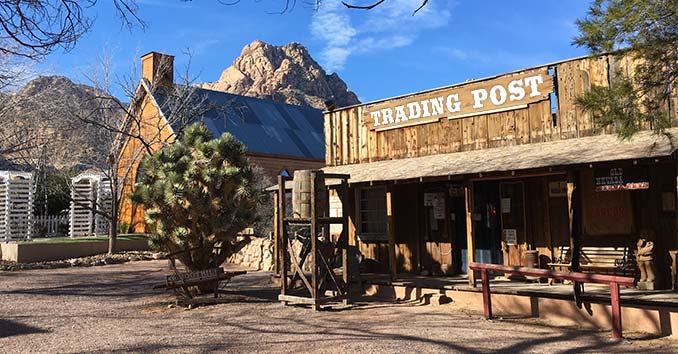
During an all-out economic collapse or breakdown in government, traditional currency may lose its value very quickly, making it incredibly difficult for people to obtain the goods and services they need to survive. This is where knowing how to barter may become a lifesaving survival skill. If you’ve never had to barter or haggle with someone, head out to some local garage sales this weekend and try it – just like any other survival skill, it gets easier with practice.
Here are some tips on bartering for trading goods and services during a SHTF collapse or crisis.
Identify your skills and resources: Before getting started in bartering, you need to know what you have to offer – these can be goods or skills that may be valuable to others. Make a list of your skills, such as carpentry, sewing, fixing vehicles, cooking, or gardening. Then, list your resources, such as food, water, medical supplies, fabric, or tools.
Find potential trading partners: Don’t wait till things go bad; you can get started now! Reach out to people in your community or online who may be interested in bartering. You can post on social media groups, join local prepper groups, or attend events where preppers and hagglers attend. Look for people who have skills and resources that you may be lacking.
Set up a trading network: Once you have a group of potential trading partners, set up a network where you can communicate and make these trades. This can be a social media group, a forum, or even better, a physical meeting place where the government or other troublemakers can’t watch your every move. Make sure that everyone is clear on the rules of the barter system and that there is a system in place for resolving disputes.
Determine the value of goods and services: Without a traditional currency, it can be challenging to determine the value of goods and services. One way to do this is to assign a point system where each skill or resource is assigned a point value. For example, an hour of carpentry work may be worth two points, while a gallon of water may be worth one point. This way, people can trade goods and services of equal value.
Be flexible: People’s needs and resources will quickly change in a crisis. So be willing to be flexible and adapt to changing circumstances. For example, if someone needs medical supplies but doesn’t have anything to trade, you may be willing to offer them in exchange for something else down the line.
Build trust: Bartering relies heavily on trust between trading partners. Be honest about the quality and value of your goods and services. Follow through on your commitments and don’t try to take advantage of others. Building trust in your trading network can help ensure the success of your barter system.
While bartering may become a real part of life in a post-disaster world, you really need to consider what items you can and can’t do without. That means when it comes to bartering, the only thing you should be trading are items that you have a surplus of or items that you are sure you won’t need in the future.

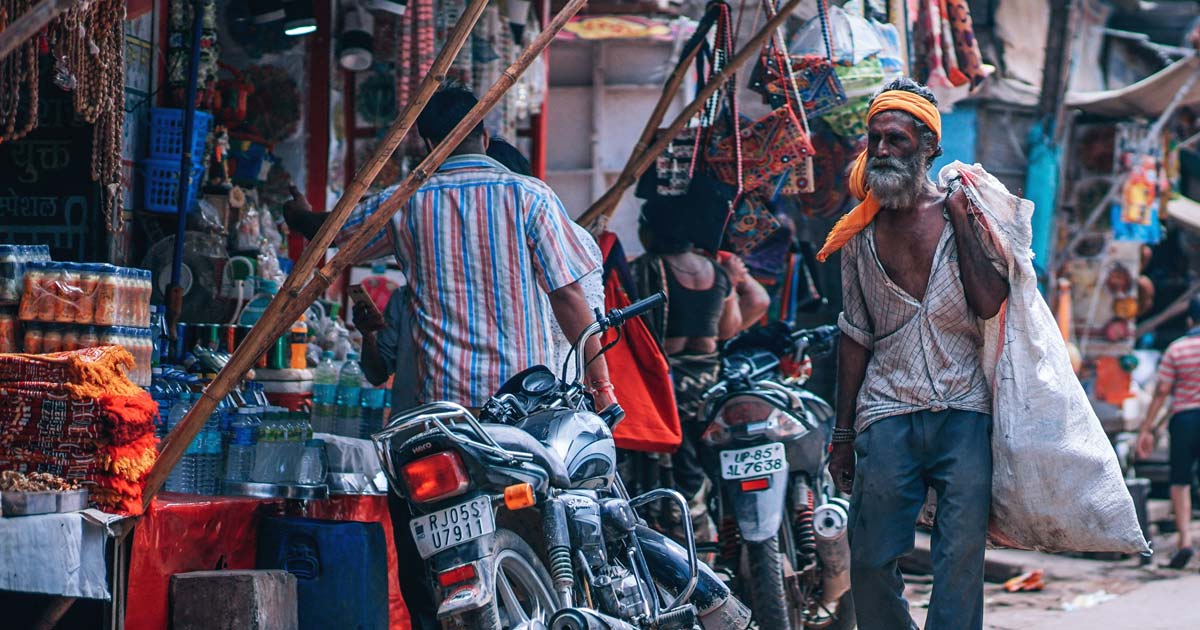

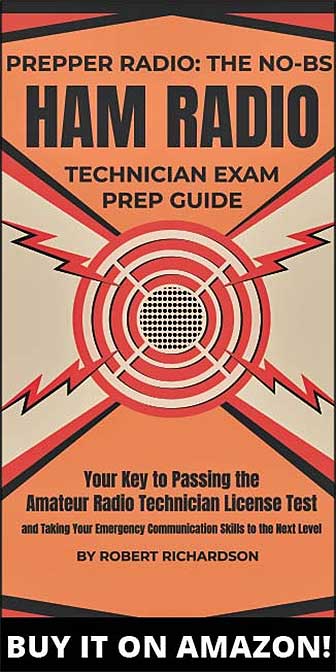
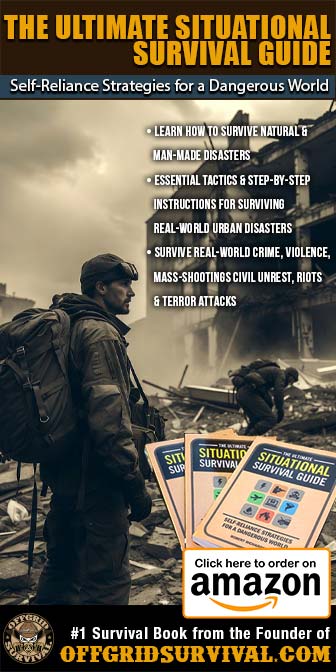

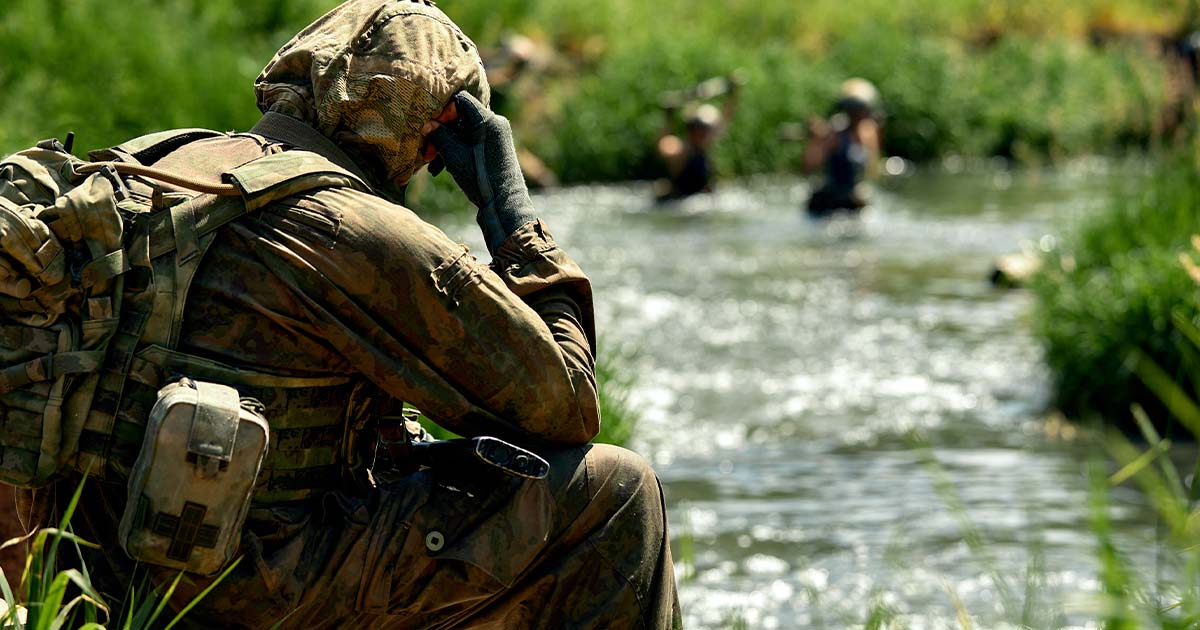
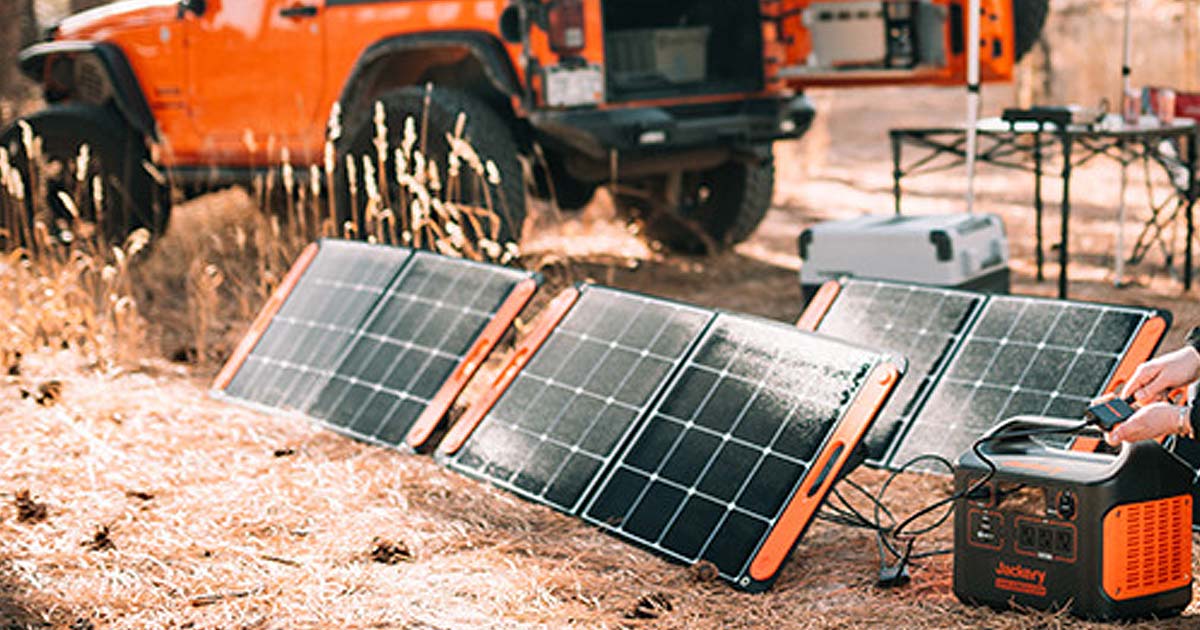
Put away a GALLON or more of asprin. They are cheap, will kill pain and reduce fever. Don’t forget all types of antibiotics and anything with a high germ killer content + long shelf life. There will be no drug stores or doctors to run to. Don’t forget vitamins and minerals either. Especially echinacea.
Caution! Do not take out of date Asprin ever! I will cause hemmoraging in your liver and kidneys and in your stomach.
Not sure where you got that information. Aspirin, that does not smell like vinegar, is effective. Most drugs are 90% effective after 15 years of storage, according to a study done by the military.
To the people who said silver you can’t eat, or that coins will be useless….. Silver (99.999%) will be a VERY highly sought after item for those that know about and use colloidal silver (powerful antiviral, antifungal, antibacterial for infection) For the past 5 years I’ve made my own at home easily with 3 D batteries, 2 pieces of wire and 2 pieces of 99.999 silver with distiller water. I’ve easily and successfully treated staph, strep, pink eye, pneumonia, ear infection and the worst being an MRSA infection for my 1 month old daughter at the time at home with just home made colloidal silver. Silver will be very valuable in a SHTF situation in place of antibiotics, antivirals and antifungals.
As for water purification, Sawyer water filters filter everything out and filter 100,000 gallons of water. They are lightweight and small enough to fit in your pocket. I didn’t read all the comments, so if this has already been mentioned, please excuse me.
They (sawyer filters) do not filter out heavy metals or radon, nor does boiling. I just picked up some straw filters on Amazon that do. Cheap (<$25 for 3), but only good for 25 gallons each.
I’ve worked in enough bars to know that people seldom make their best decisions while drinking. I would never give alcohol to someone that was not a trusted friend or family. They very well might drink just enough to get brave & come back for whatever they wanted. Same with ammo. Stick with food, meds, toilet paper, feminine hygiene products and, yes, condoms.
I’m absolutely shocked reading the comments here because y’all seem Bolivia’s to what self-sufficiency is actually about – – how about agricultural and farm supplies –how long do you really think any of the ding-dings, Lays chips, whisky and store-bought trinkets going to last you – – how about heirloom seeds, how about soil amendments and crucial garden tools, rolls of plastic, greenhouse equipment etc. for rea self-sufficiency – books about living on the land and essential for growing your own food — stop focusing on bic lighters and salvation by opening a can of Chef Boyardee spaghetti .
Tobacco is my number1 bartering item…have about 50#s stored…can always be hydrated and made gresh
I just dont get it????? this whole barter thing??? Ok you have stored EVERYTHING YOU WILL NEED!!!!! Now I need stuff to barter with? Just what am I going to trade for…$$$$ to wipe my a$$? gold? haha What could I want/need that cost a smoke or a drink or any thing you listed? Ok maybe a Dr. or DDS but I dont think they will take cigs or booze. Anyway what are you doing opening a store? putting up a big sign —-> I have stuff! Oh your not going to last long are you. :P
Also- powdered orange juice ( i.e.: tang) and emergency-c. With the supply of fruit and veg quickly depleted, people will need vitamin c to live.
Toothbrushes, toothpaste, combs, brushes, hair ties, razors, shampoo, soap-bar soap, lotion, shaving cream, nail clippers,(both fingernail and toenail), will all be good bartering items. I pick them up at the dollar store. Most of these items will not expire and people will need them for personal hygiene. I have a few plastic storage boxes with filled with them. They may not be life-saving items, but people will want to feel clean and these will provide a little comfort in a crazy world.
Cheap little solar powered lights that you put in your yard to charge. A couple will light up a room at night and you won’t have to waste batteries on flashlights.
Why would anyone think about trading food , water,TP ect that they may need themselves to others ? While I might consider trading these things in an emergency for something I had to have like a medicine I had run out of unless you have a warehouse full of food this would just be crazy. Look at Venezuela they are in their 5th year of this. Do you have more than 5 years of food stored?
shout out to Ms.S Seeds are very valuable. The 3 Sisters are great. Beans, Squash, and Corn. Relatively easy to grow.High in carbs and calories. Good yields also. Think Sustainability.
I am going to be Mrs. Buster Brown of the apocalypse because I stockpile shoes for men, women, and children. Shoes are going to wear out more quickly than ever considering that we will be changing to an agrarian society. I buy shoes at outlet stores, online discount stores, regular stores like Walmart, and at yard sales. I buy mostly buy hiking or working boots. I get them at ridiculously low prices.
Shouldn’t even think about bartering goods until you’re totally & completely prep prepared >>>> saying that – anything you’d be needing to barter for would be a premium good/service – going to take a premium barter good in return …
forget about the cheap rotgut booze and eyedropper bottles – forget about the $1 Store crap >>>> put the barter budget $$$ into goods that will be of luxury & sin during the hard times ….
For barter, we went with the three “T”‘s. Toilet paper, tobacco and tampons. Indefinite shelf life, even at high or low temperatures. And everyone you meet in a post collapse society is going to want at least one of those items.
I am always looking for FREE barter items. Those little toiletries at hotels are great ones. (I pack a ziploc bag to take the used soap…SHTF situation no one is going to care if the soap is wrapped or not or the shampoo is half gone if they can use it at least once) Don’t forget the coffee, tea and sugar packets if you don’t use them while in the room.
(I have a finite space for each item, when the space is full I stop saving that item)
Items for free you can barter with:
Empty water containers (Ice tea gallon jugs are my favorite because they are VERY sturdy) (I have a big basement that isn’t good for much other that storing washable items)
Empty medicine bottles (I am thinking of packaging seeds for barter in them)
Which leads to my biggest and best FREE item for barter: SEEDS (Learn how to save them from your harvest now, so you have an almost unlimited barter item)
Compost (learn to do it now, trade it when chemical fertilizers are gone)
Pens and paper (record keeping is going to be vital) (So much comes to you in the form of junk mail tablets and those pens you pick up all over the planet when you go to any event)
condiment packets (need I say more? But I will. I take a couple of the soy sauce at Chinese take out places every order even tho I don’t use it to put back for trade)
Find yourself or a loved one at the hospital? Take EVERYTHING in the room when you are discharged…soap, lousy toothbrush, tiny toothpaste, comb, small roll of tape nurse didn’t bother to take with her, kidney shaped basin, washing basin, etc. (Don’t take the washable items, that’s theft….but the other items? Housekeeping comes in and throws them all in the trash, so you might as well take them for your stockpile)
Buttons. Cut them off items of clothing you are throwing out. (some hotels provide a small sewing kit. Take it, you paid for it.)
Do you smoke? (I know, none of my business) Take the offered book of matches with each cigarette purchase, even if you always use a lighter
Fabric. I save all the top sheets when the bottom sheet gives up the ghost for use as fabric for needed clothing in a SHTF situation. If you don’t sew you could barter those “pieces of fabric” for the sewing you need done by someone who sews.
Wax. The ends of candles are all saved in a bag to melt down into new candles some day. (If you have prepared other ways of lighting you can barter those candles with those who didn’t prepare)
Glass jars. Every single glass jar I can lay my hands on. Since so much comes in plastic I save glass jars for soooo many things. In a SHTF situation, glass will be our friend as it can be sanitized and reused. Do I think that I will barter them straight? Not really, but I would use them to package other things I plan to barter. Small ones filled with saved, remelted wax and a wick as candles. Larger ones with Apple Cider Vinegar I learned to make from apple scraps (cores and peels; research it, ACV is wonderful for so many things from cleaning to medication).
Screws and nails from things I have assembled or installed. Mine are primarily from the blinds I seem to replace almost yearly, but they are still screws for minor repairs and free.
AND I pick up everything I might be able to use or barter in those piles along the road with the big “FREE” sign on them. I have gotten candles, wicker baskets, books, games, clothing I can wear and some I can trade in the future….so many things that cost me not one single cent…
What is your biggest FREE score? Everything you get for free means more of your funds for things that require money.
The only people I would trade ammo with will be people I am already familiar with. You never know what someone else is going to do with the ammo you traded if you don’t know them. They could be making the trade to see what you have that they can come back for when nobody else will be there to witness their actions.
I have hand tools, handles to repair them if necessary and raw stock to make more if it comes to that. We have a well with a hand pump that produces 5 gallons per minute. We have a garden that produces enough for my family and more to share with our neighbors. We can the extra fruit, berries, root crops, vegetables and other harvested items.
We grow some of our own spices, herbs, nuts and potatoes. We even can potatoes so they don’t spoil. Though we do have to store some to plant in the spring for the fall harvest. You do have to plan ahead, and don’t eat what you’re going to need to plant for the next season. Putting things aside for future growth is what you must do if you want to live.
Just counting on barter seems like a good way to get less than what you invest in time and effort to produce what you will need in the future. You have to produce more than you consume to live in the long term. That is the lesson people in Venezuela are learning today. Societies have to produce more than they consume or they will die back to some sustainable level. Specialization just means you don’t have the skills to do everything that needs to be done, and bartering just let’s people know what you’re lacking in skills and resources.
CM
Buy kool aid because water won’t taste as clean as what we are use too. Ecspecially if using chlorine or bleach to purfiy water.